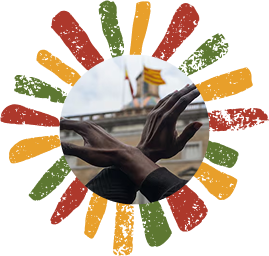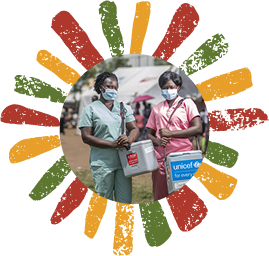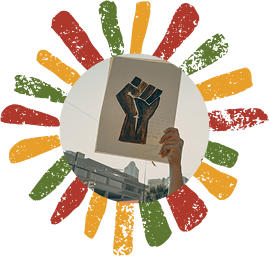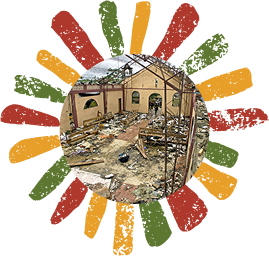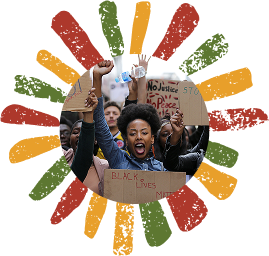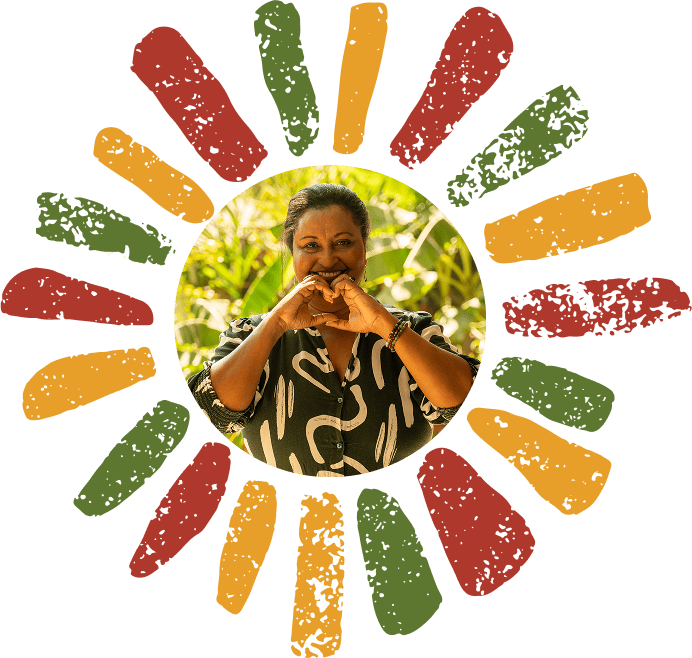
Malunga
Global Network against anti-Black Racism
As a result of an action-research project on global anti-Black racism, the Malunga Network was born after three years of collective thought, hopeful dreams, and participatory planning, to work for global justice and against anti-Black racism, with a solid agenda for racial, ethnic, social, gender, sexual, and ecological justice.
In a context of profound outrage and global reflection on the systemic violence faced by Black people in different parts of the world, the origin of the network dates back to a research project promoted by the Ford Foundation in 2021, which explored the global manifestations of racism towards people of African descent. Both recent events and historical wounds have demonstrated the urgency of building transnational networks capable of articulating memories, experiences, and strategies to confront anti-Blackness.
In this scenario, the report “A Black World: Global Impacts of Anti-Blackness,” the result of the research project co-directed by Aurora Vergara Figueroa and Awino Okech, delves into this reality by concluding that there are similar patterns of anti-Blackness in different parts of the world. The evidence presented in this report underscores the need to expand research in various contexts, both quantitative and qualitative, to better understand the multiple manifestations of anti-Blackness.
This process of research and reflection marks the starting point from which our network is woven, an initiative that seeks to connect experiences and strategies to collectively confront anti-Blackness in all its dimensions.
Meet the members of Malunga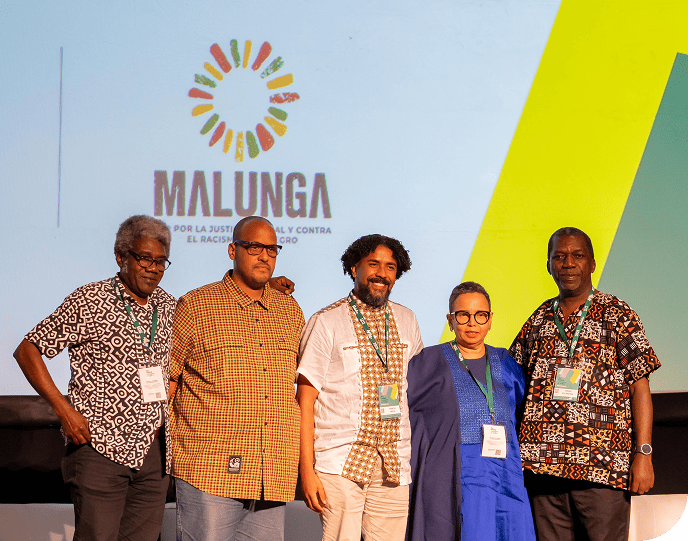
Global Manifestations of Contemporary anti-Black Racism:
Recurrent manifestations of anti-Blackness worldwide, such as mass incarceration, disappearances, statistical invisibilization, lynchings and targeted killings, statelessness, land dispossession, and urban apartheid, are not isolated incidents. They are symptoms of systems of oppression deeply rooted in colonialism, enslavement, and capitalist exploitation.
This recent historical overview captures some of the global manifestations of anti-Black racism that Malunga has emerged to explore in depth as a transnational network for global justice and against anti-Black racism.

Patterns of systemic violence and marginalization
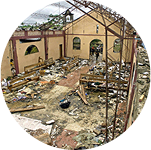
The Bojayá massacre (2002, Chocó, Colombia)
2002
The Bojayá massacre, in which more than 80 people died, was a significant event that underscores the intersection between race, land tenure, and violence against Afro-descendant communities in Latin America. This tragedy fueled research on forced migration, displacement, and global patterns of anti-Black violence.

The COVID-19 pandemic and the space for reflection
2020
The COVID-19 lockdowns became a space for people and families to consolidate evidence and reflect on personal and collective histories of anti-Black violence, such as the forced disappearance of relatives. This period also allowed academics and activists to connect local experiences with global structures of anti-Blackness, reinforcing the urgency of coordinated action.
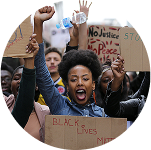
Global social movements against anti-Blackness
Following the events in the U.S., protests and movements emerged in Brazil, Colombia, Mexico, the United Kingdom, Kenya, South Africa, Sudan, Zimbabwe, Namibia, Australia, New Zealand, France, India, and China. These coordinated actions demonstrated the transnational scope of anti-Blackness and the need for solidarity and global strategies.

The murders of Breonna Taylor and George Floyd (United States)
2020
The murders of Breonna Taylor and George Floyd in 2020 triggered widespread uprisings against systemic racism and police brutality in the United States. These events rekindled global conversations about violence directed against Black people and catalyzed social movements in more than forty countries, evidencing the persistent disregard for Black lives around the world.
Present
Our guiding principles are
From an intersectional and transnational perspective, the Malunga Network works on:

Global Advocacy
We promote public policies and regulatory frameworks that recognize and repair the impacts of anti-Black racism at the local, regional, and global levels.

Action-research
We generate collective knowledge about the multiple expressions of structural racism, based on the experiences of Black communities in different parts of the world.

Education and Memory
We value Afro-descendant histories, spiritualities, knowledge, and aesthetics, and we promote narratives that dignify Black life.

Articulation of Movements
We connect with networks and struggles in Africa, Latin America, the Caribbean, Europe, and other territories to strengthen a common anti-racist agenda.

Celebration of Black Life
We defend and make visible the beauty, creativity, and resilience of Black peoples in the face of historical and current violence.
Malunga does NOT respond to government, corporate, or partisan interests. It is a participatory, democratic, and broad-based network committed to racial, ethnic, social, gender, sexual, and ecological justice.
Malunga Compass
Your guide to joining Malunga’s collective journey.
According to the Operating Manual, the Network’s membership will be made up of “individuals / organizations / other networks” that may have two types of action:
● Network member
● Member of the board of directors
Regarding the linking process, individuals / organizations / other networks may be linked after the review of applications by the Board of Directors. Applications may arrive through invitation or direct request.
Participation or linking to the Network can occur as: individuals, organizations and/or other networks that assume the commitments, principles and strategic objectives of Malunga, contribute with their capacities to the different strategies and actions that are proposed, and can or are able to support with advice, financial resources, technical resources, among others, as well as provide support to the network’s actions when required.
In relation to the linking process, any person, organization or network interested in joining Malunga must submit a linking request, which will include:
● Letter of intent: explanation of why you want to be part of it.
● Description of the person, organization or network: history, objectives and main areas of work.
● Contributions to Malunga: how you can contribute to the Network.
● Expected benefits from Malunga: how the Network can contribute to its development and strengthening.
● Adherence to the Declaration of Principles: express commitment to the values and lines of action of the Network.
You can contact the Network Directorate in charge of Agustín Laó-Montes coordinacion@malunga.org and/or the Academic Coordination in charge of Alpha Orozco- Herrera academia@malunga.org

Publications
Insights, reflections, positions, and Afro-descendant voices that chronicle our struggles and celebrate our resilience.
